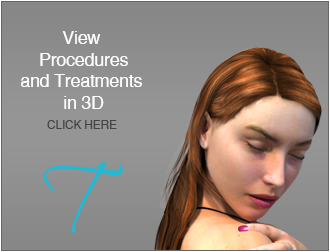Road to Wellness
A lot of plastic surgery is helping people feel good about themselves. Looking your best is not only about addressing issues from the outside in. A healthy body and lifestyle, a clear mind and good positive energy is vital to looking and feeling your best. Think about it, when you are sad or depressed or just not feeling well, when you look in the mirror your face appears more sunken in, the corners of your mouth turn down and even your skin seems dull and matted. However on days that you feel great, the expression on your face becomes more inviting, you can see a twinkle in your eyes and your overall demeanor becomes warm and approachable. I want my patients to be able to have access to experts that can help bring an overall aspect of wellness into their lives. I have developed a Road To Wellness as a means to help feel good in variety of different aspects of life including nutrition, exercise, mental health and well being. A team of practitioners each experts in their field have made themselves available to my patients, and I know they will provide a wonderful resource to those who are trying to stay healthy, to feel good and to look great. For more information, please take a look at our Road to Wellness team members.
I am dedicated to personalized care. Not only will I develop a custom treatment plan that includes all of the most modern surgical and nonsurgical techniques in plastic surgery but I will help develop a Road to Wellness that promotes a healthy lifestyle by teaming you up with experts in nutrition, training, mental health and well being.
A healthy body and lifestyle, a clear mind and good positive energy is vital to looking and feeling your best. To inspire yourself more, feel free to check out DoSomethingCool.com or PsychologyToday.com .

